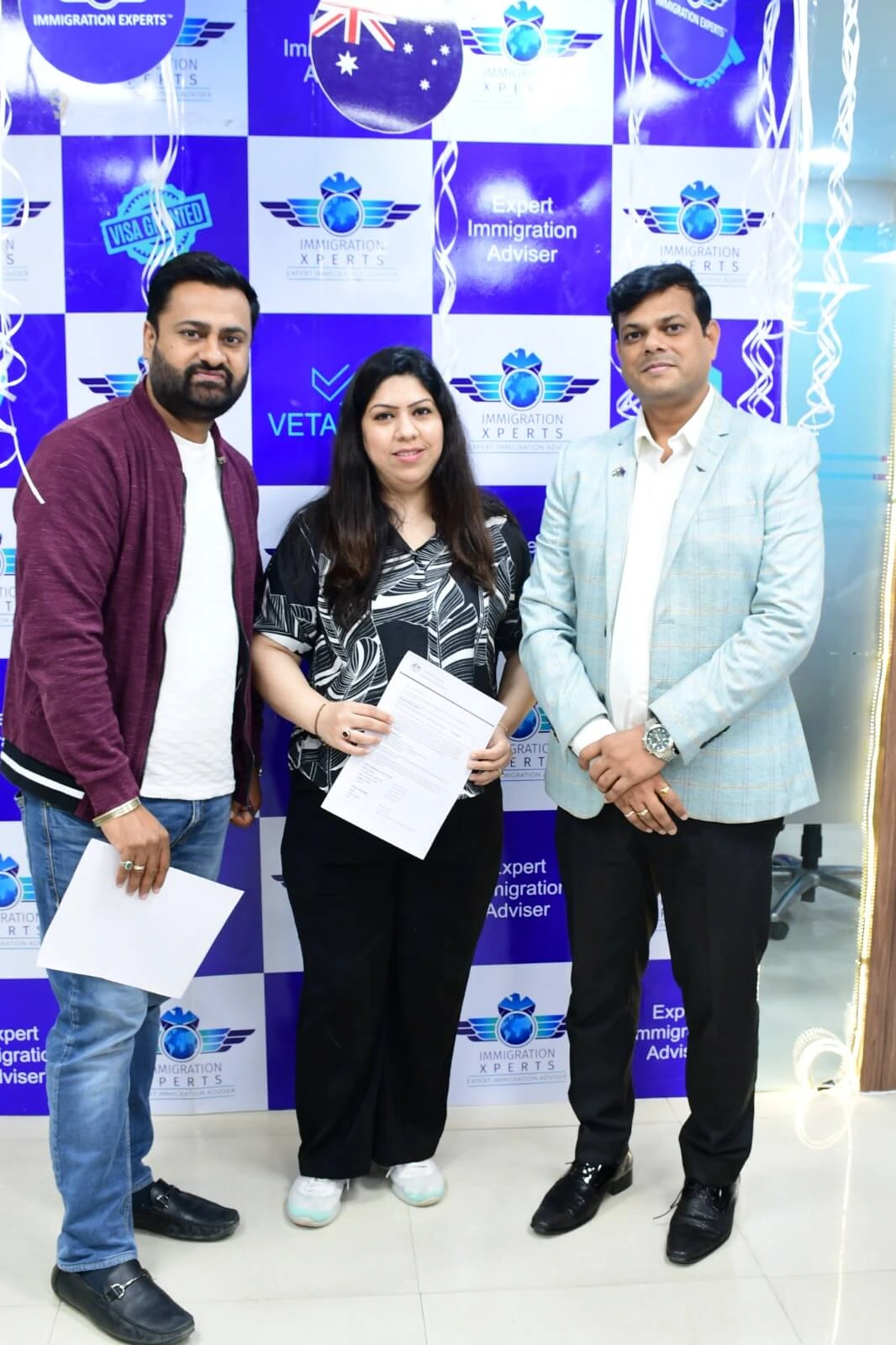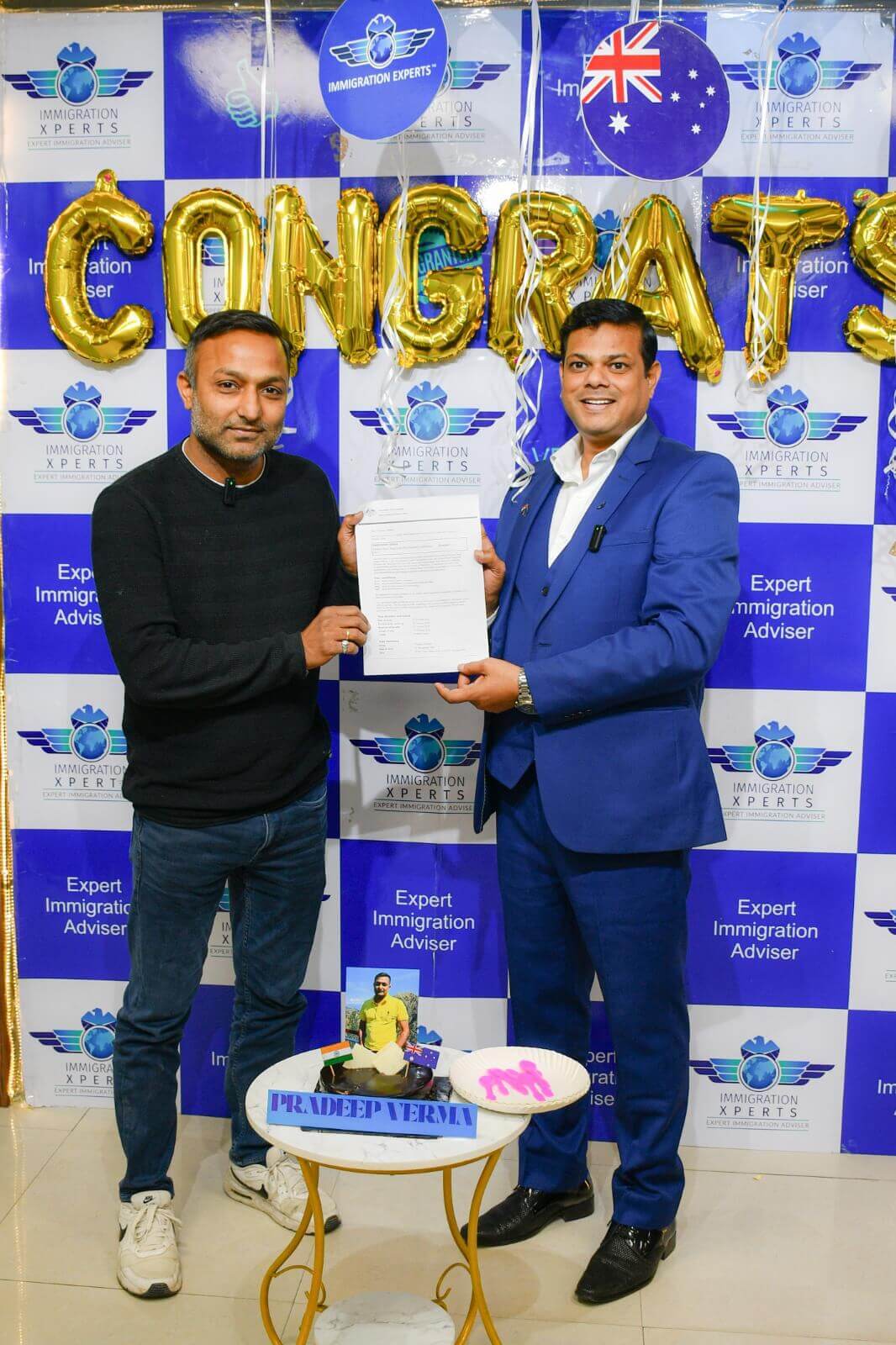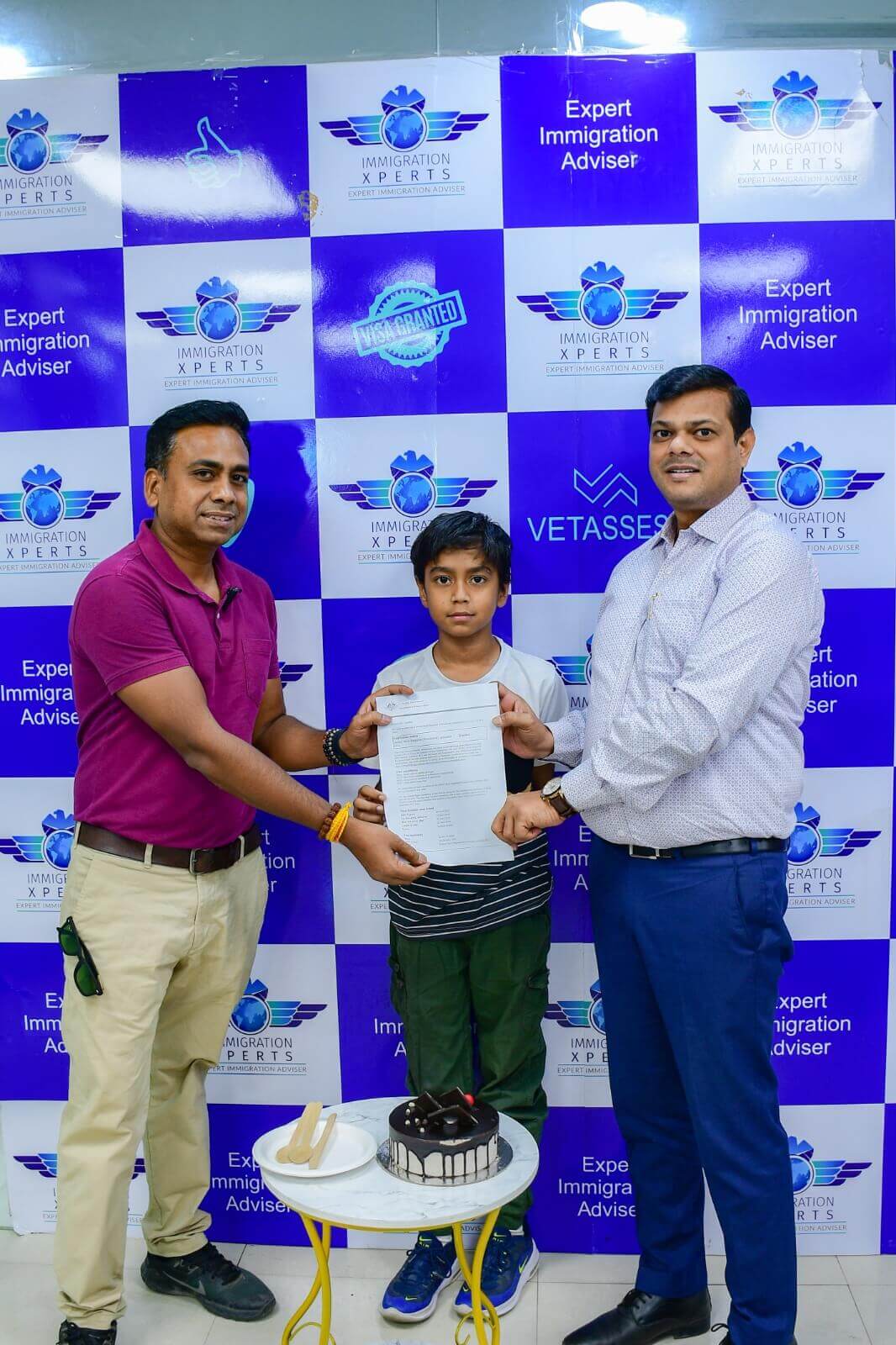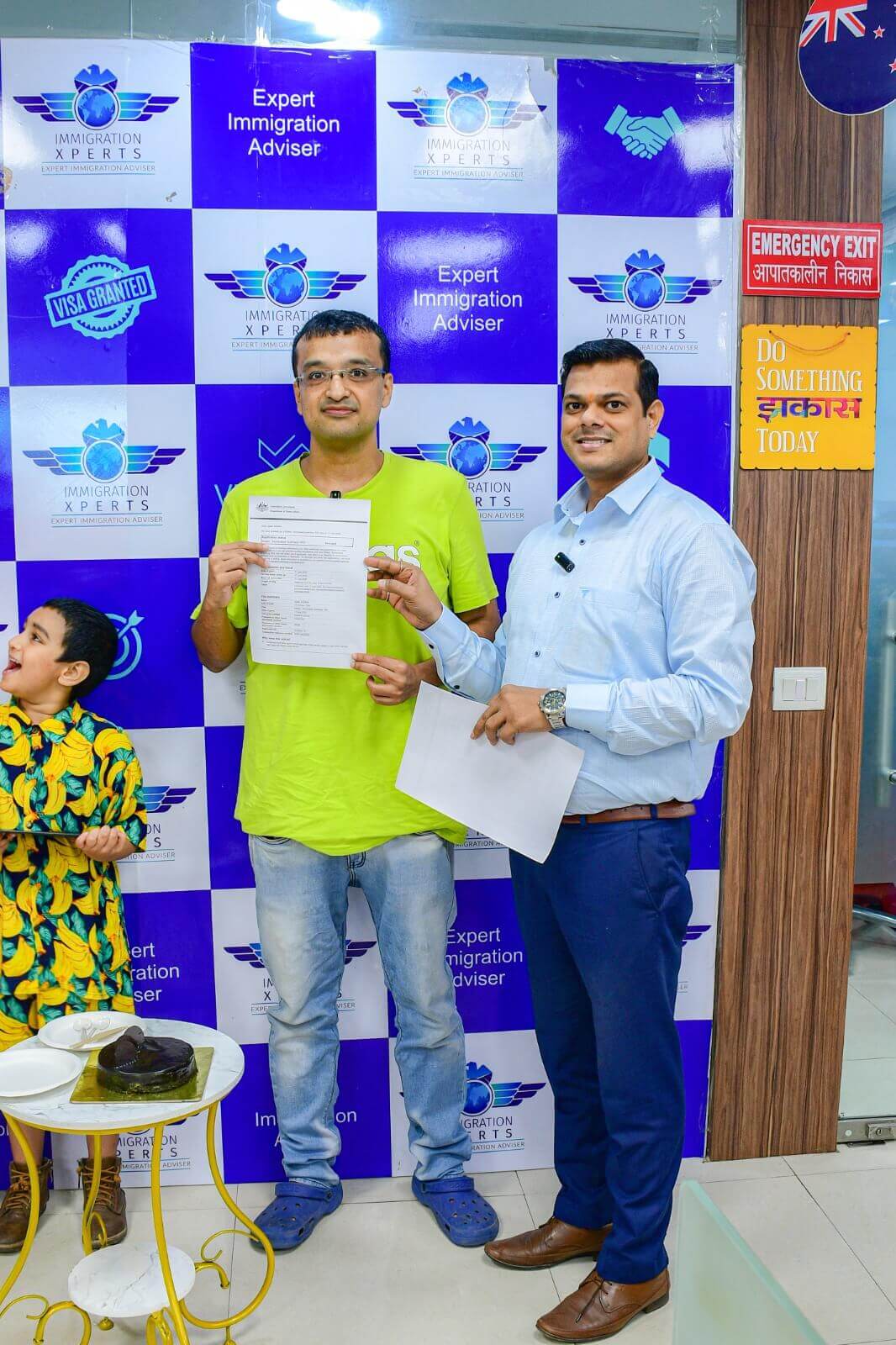What is the ACS Skills Assessment?
The Australian Computer Society (ACS) is the official body responsible for assessing skills in the field of Information and Communication Technology (ICT). It reviews qualifications and professional experience to determine if an applicant meets Australia’s standards for employment in the IT sector.
For skilled migration aspirants, obtaining a positive ACS assessment is a mandatory step. This evaluation ensures that only qualified professionals, whose expertise supports Australia’s workforce needs, are granted entry.
The ACS assessment process examines both academic qualifications and professional experience. Its goal is to verify whether your ICT knowledge and background are aligned with the role you intend to nominate for migration.
Benefits of the ACS Australia Skills Assessment
- The ACS Skills Assessment validates your ICT knowledge and expertise, confirming your professional credibility and improving your chances of visa approval.
- The approval letter issued by ACS acts as a crucial supporting document for your visa file, providing proof of your ICT qualifications and skills.
- Successfully clearing the ACS assessment may also add extra points to your immigration profile, especially for your relevant work experience in the ICT field, increasing your overall eligibility for skilled migration.
Types of ACS Skills Assessment Applications
1) Temporary Graduate Skills Assessment
Designed for international students who completed ICT studies in Australia and wish to apply for the Temporary Graduate Visa (Subclass 485).
Eligibility:
- Must hold a Bachelor’s degree or higher in ICT from an Australian university.
- Degree should be closely related to your nominated occupation.
2) Post-Australian Study Skills Assessment
This stream applies to candidates with an Australian qualification, relevant ICT work experience, or completion of an ACS Professional Year program.
Eligibility:
- Bachelor’s degree or above from an Australian institution.
- At least 1 year of post-study work experience, OR completion of ACS Professional Year.
3) Skills-Based Assessment
For applicants with overseas ICT qualifications and work experience, but no Australian Professional Year program.
Eligibility (summary):
| Qualification | ICT Content | Relevance | Work Experience Required |
|---|---|---|---|
| Bachelor’s or Higher | ICT Major | Closely related | 2 years (last 10 yrs) or 4 yrs anytime |
| Bachelor’s or Higher | ICT Major | Not closely related | 4 years anytime |
| Bachelor’s or Higher | ICT Minor | Closely related | 5 years (last 10 yrs) or 6 yrs anytime |
| Bachelor’s or Higher | ICT Minor | Not closely related | 6 years anytime |
| Diploma/Adv. Diploma | ICT Major | Closely related | 5 years (last 10 yrs) or 6 yrs anytime |
| Diploma/Adv. Diploma | ICT Major | Not closely related | 6 years anytime |
4) Recognition of Prior Learning (RPL)
For individuals without formal ICT qualifications but with substantial industry experience.
Eligibility:
- Non-ICT tertiary qualification + 6 years ICT experience, OR
- No tertiary qualification + 8 years ICT experience.
Eligibility Factors
- Academic qualifications must be benchmarked against the Australian Qualifications Framework (AQF).
- Employment history (onshore/offshore) is assessed for relevance to your nominated occupation.
- Work experience requirements vary depending on qualification type and ICT relevance.
Required Documents
Personal Documents
- Valid passport copy
- Resume/CV
Educational Documents
- Degree/diploma certificate with university/college details
- Transcripts with subjects and grades
Employment Evidence
- Reference letters with designation, responsibilities, joining dates, salary, hours, and employer details
- Employer’s official letterhead + signature of authorized signatory
Additional Proofs
- Pay slips, bank statements, tax records
Step-by-Step Process for ACS Skills Assessment
- Choose your occupation – Ensure your job role is listed on the ACS occupation list.
- Prepare documents – Gather education certificates, transcripts, employment references, CV, and passport.
- Create online account – Register on the official ACS portal.
- Upload documents – Submit required evidence as per ACS format.
- Pay fees – Complete the application payment online.
- Await result – Assessment usually takes 8–10 weeks. Results are issued via the ACS portal.
ACS Skills Assessment Fees & Processing
Application Fees
| Application Type | Fee (AUD) |
|---|---|
| Temporary Graduate | $605 |
| Post-Australian Study | $1110 |
| Skills-Based | $1450 |
| Recognition of Prior Learning (RPL) | $605 |
Processing Time: Normally 8–10 weeks (may take longer if additional documents are requested).
Outcome Validity: 2 years
Recognition of Prior Learning (RPL) – For Applicants Without an ICT Qualification
- Always submit the latest version of the RPL form, available on the ACS official website.
- Prepare the knowledge and project report sections in line with ACS assessment guidelines.
- If supporting documents are in another language, provide both the original version and a certified English translation from accredited translators.
Note: Our expert Australia immigration consultants at Aspire Square can assist you in preparing a strong RPL application and guide you through the entire ACS Skills Assessment process.
ACS Occupations
- Qualification: Diploma, Bachelor’s, or Master’s degree in an Information Technology (IT) related field.
- Work Experience: Minimum of 2 years of relevant professional experience required.
- IELTS Requirement: Not applicable.
- Main Requirement: Qualification must be closely aligned with the nominated ICT occupation (major in ICT).
- Application Fee: AUD $450.00
- Processing Time: Around 12 weeks
- Assessment Validity: 2 years
In-Demand ACS Occupations & ANZSCO Codes
- ICT Business Analyst – 261111
- Systems Analyst – 261112
- Analyst Programmer – 261311
- Developer Programmer – 261312
- Software Engineer – 261313
- Software Tester – 261314
- Software & Applications Programmers NEC – 261399
- Database Administrator – 262111
- ICT Security Specialist – 262112
- Systems Administrator – 262113
- Computer Network & Systems Engineer – 263111
- Network Administrator – 263112
- Network Analyst – 263113
- ICT Systems Test Engineer – 263213
- Web Developer – 261212
- Web Administrator – 313113
- ICT Trainer – 223211
- ICT Support Engineer – 263212
- ICT Quality Assurance Engineer – 263211
- ICT Support & Test Engineers NEC – 263299
- ICT Project Manager – 135112
- ICT Managers NEC – 135199
Why Apical Immigration Experts (ACS Skills Assessment)
Apical Immigration Experts streamline your ACS Skills Assessment—from eligibility analysis to document preparation and submission—so you get a strong, compliant application the first time.
- ICT migration specialists: Deep expertise with ACS pathways (Temporary Graduate, Post-Australian Study, Skills-Based, RPL) and ANZSCO alignment.
- Accurate eligibility mapping: We match your qualification/experience to ACS rules (AQF comparability, ICT major/minor, relevancy) to avoid refusals.
- Rock-solid documentation: Professionally drafted employment references, project reports (RPL), and evidence packs that meet ACS formatting standards.
- Time & cost efficiency: Clear checklists, fast reviews, and proactive follow-ups to minimise rework and delays.
- Transparent guidance: Upfront fees, realistic timelines, and regular updates through every step until outcome.
- High success focus: Strategy to maximise points for ICT work experience and strengthen your overall skilled migration profile.
FAQs —Australia Computer Society
The ACS Skills Assessment is the ICT skills evaluation by the Australian Computer Society. It’s required for most skilled migration pathways where your nominated occupation falls under ICT ANZSCO codes (e.g., Software Engineer, Business Analyst).
Typical timeframes are around 8–10 weeks, but it can take longer if ACS requests additional evidence or if your case is complex (e.g., mixed work history or RPL).
- Temporary Graduate: Recent Australian ICT grads applying for 485.
- Post-Australian Study: Australian ICT qualification plus 1 year relevant work (or ACS Professional Year).
- Skills-Based: Overseas ICT qualification + relevant experience.
- RPL: Little or no formal ICT qualification, but substantial ICT work history.
ACS benchmarks your degree/diploma against the AQF and checks ICT content (major/minor) and relevance to your nominated ANZSCO. If the content is not closely related, more work experience may be required.
Requirements vary by qualification level, ICT major/minor status, and relevance. As a guide, expect anywhere from 2–6+ years (or more) depending on how closely your studies and roles align with your nominated occupation.




